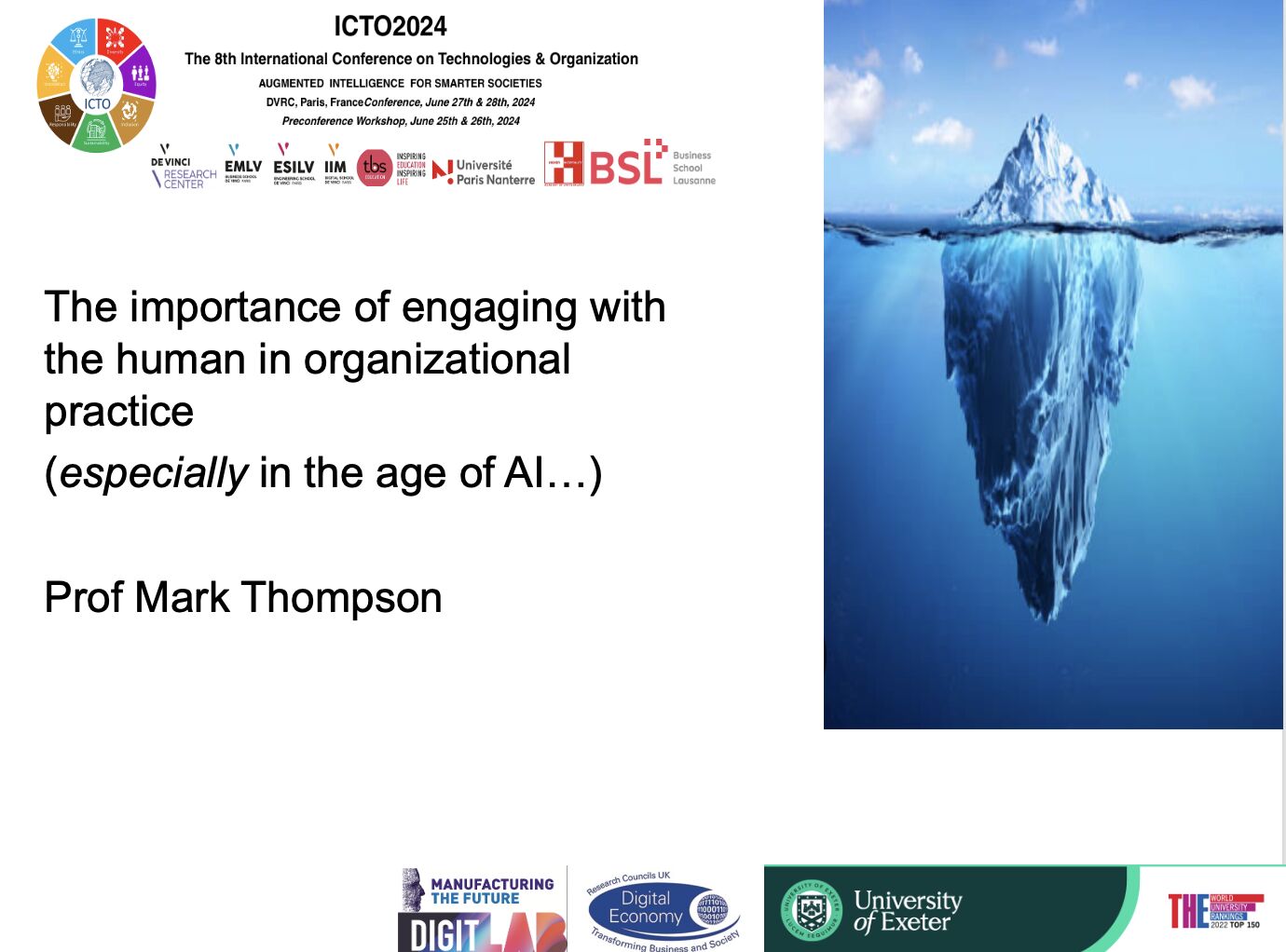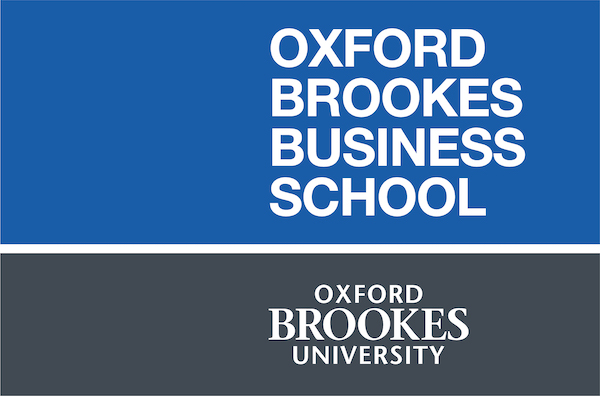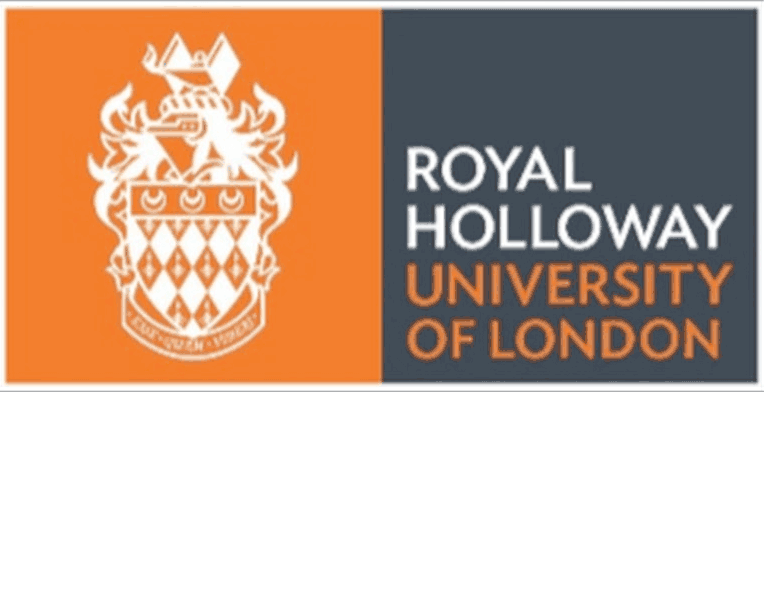This is the second of a series of profiles on members of the DIGIT Lab Team. Within each profile we will provide an overview of the DIGIT Lab Team member and their recent work. The focus of this profile is Jonathan Bird. Jonathan Bird has written the following overview of his career and educational background. Links to his recent publications have been provided in the ‘Recent publications’ section below.
An overview of Jonathan Bird:
Current Role
Jonathan Bird is a Postdoctoral Research Fellow in the University of Exeter Business School. He graduated from Brunel University London in 2019 with a PhD in Sport, Health and Exercise Sciences. Working with Professor Costas Karageorghis, Jonathan’s programme of research entailed an examination of immersive technology within health and exercise settings. Jonathan’s role in the DIGIT Lab is to investigate employee wellbeing in large established organisations.
Research Areas
Jonathan is interested in the scientific application of immersive technology, such as virtual and augmented reality. This work spans several contexts, including health and exercise, sport, military, and cultural heritage. He is particularly interested in the cognitive (e.g., visual attention), affective (e.g., emotion, mood), and behavioural (e.g., adherence) effects of such technology use. Jonathan also sits on the editorial board of two academic journals (e.g., International Journal of Training and Development) and frequently engages in the peer-review process for a range of publications (e.g., Virtual Reality, Scientific Reports).
Collaborations
Jonathan has worked on multiple projects with industry stakeholders including VirZOOM, Factory 42, Almeida Theatre, Magic Leap, Sky, Natural History Museum, Science Museum Group, Exeter Cathedral, and the National Trust. His academic research collaborations include University of Queensland, Springfield College, KEDGE Business School, University of Lille, University College London, Brunel University London, Sheffield Hallam University, Southampton Solent University and the University of Gloucestershire.
Further Positions
Jonathan has a strong interest in applied sport psychology, and is accredited as a Sport and Exercise Scientist with the British Association of Sport and Exercise Sciences (BASES). He is also a chartered member of the UK’s Science Council and has worked as a consultant with athletes from a wide variety of sports.
Recent Activities
Jonathan recently examined the effects of COVID–19 lockdowns on physical activity and mental health in the UK and overseas. He led a study during the initial UK lockdown and reported on the relationships between behavioural regulations, physical activity, and mental health. Jonathan was invited to present the findings at a British Psychological Society Conference and the paper has subsequently been published in Psychology of Sport and Exercise. He was also second author on a global COVID–19 study (published in BMC Public Health).
Contact Details
Email: j.bird@exeter.ac.uk | Website: https://business-school.exeter.ac.uk/about/people/profile/index.php?web_id=Jonathan_Bird
Recent publications:
Effects of traditional and immersive video on anticipation in cricket: A temporal occlusion study.
Authors: Russell M. Discombe, Jonathan M. Bird, Adam Kelly, Rebecca L. Blake, David J. Harris, and Samuel J. Vine.
Published in: Psychology of Sport and Exercise (14 October 2021).
Authors: Costas I. Karageorghis, Jonathan M. Bird, Jasmin C. Hutchinson, Mark Hamer, Yvonne N. Delevoye-Turrell, Ségolène M. R. Guérin, Elizabeth M. Mullin, Kathleen T. Mellano, Renée L. Parsons-Smith, Victoria R. Terry, and Peter C. Terry
Published in: BMC Public Health (27 May 2021).
Authors: Jonathan M. Bird, Costas I. Karageorghis, and Mark Hamer.
Published in: Psychology of Sport and Exercise (9 April 2021).











